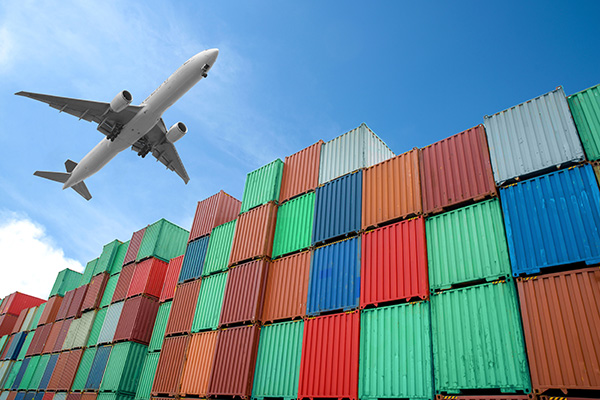Air cargo and ocean carrier rates should make for sustainable supply chains, say analysts
All regions and trade lanes are expected to report profits for air and ocean carriers in 2019.
Carrier pricing for air cargo shipments is also expected to remain on a steep trajectory, says Chuck Clowdis, managing director of the consultancy Trans-Logistics Group, Inc.
“We saw capacity beginning to exceed demand in December of 2018, but we believe that was only a temporary setback,” says Clowdis. “The explosive growth of on-line shopping alone will keep the air cargo sector very healthy in 2019.” He adds that air carriers are starting to use big data research in creative ways to increase cargo yields and introduce more velocity into shipper’s supply chains.
Alexandre de Juniac, director general and CEO of The International Air Transport Association (IATA), shares this “cautious optimism.” The IATA forecasts the global airline industry net profit to be $35.5 billion in 2019, slightly ahead of the $32.3 billion net profit in 2018.
“We had expected that rising costs would weaken profitability in 2019,” says de Juniac. “However, the sharp fall in oil prices and solid GDP growth projections have provided a buffer.” All regions are expected to report profits in 2019. Carriers in North America continue to lead on financial performance, accounting for nearly half of the industry’s total profits.
“Financial performance is expected to improve compared to 2018 in all regions except for Europe, where improvement has been delayed by the high degree of fuel hedging,” says de Juniac.
Meanwhile, fuel prices are at the heart of concerns being voiced by ocean cargo industry analysts. Philip Damas, head of Drewry Supply Chain Advisors in London, says that he’s advising shippers to look at their bunker formula very closely in the second half of 2019, before the regulatory changes announced by the International Maritime Organization (IMO) take hold.
“We hear that on some routes, ocean carriers are no longer prepared to sign contracts with fixed all-in rates that include bunkers,” says Damas. Over the second half of 2019, refineries and ship owners will begin preparing for the final phase in compliance with the IMO 2020 sulfur regulations. These rules stipulate that as of January 1, 2020, all bunker fuel consumed on ships will need to have a sulfur content that is no greater than 0.5%.
“The global cost of this on the ocean carrier industry will exceed $10 billion, and all the shippers we work with are wondering how they will deal with it,” says Damas. Drewry’s IMO cost impact calculator service offers some replies to the question about the likely financial impact to shippers. However, he adds that other revolving factors are keeping any rate forecasts a little blurry at this point.
“Changes to contract terms, fuel surcharge structures, a potential slowing down of vessels, the demolition of many fuel-inefficient vessels and the possibility of an escalation of the U.S.-China trade work are worrisome,” say Damas.
Without a long-term agreement between the two global powers this year, shippers will have to confront a massive disruption in global ocean cargo supply chains and vessel deployments. “This would likely be followed by soft contract rates when most new annual service contracts are negotiated in March and April,” adds Damas.













